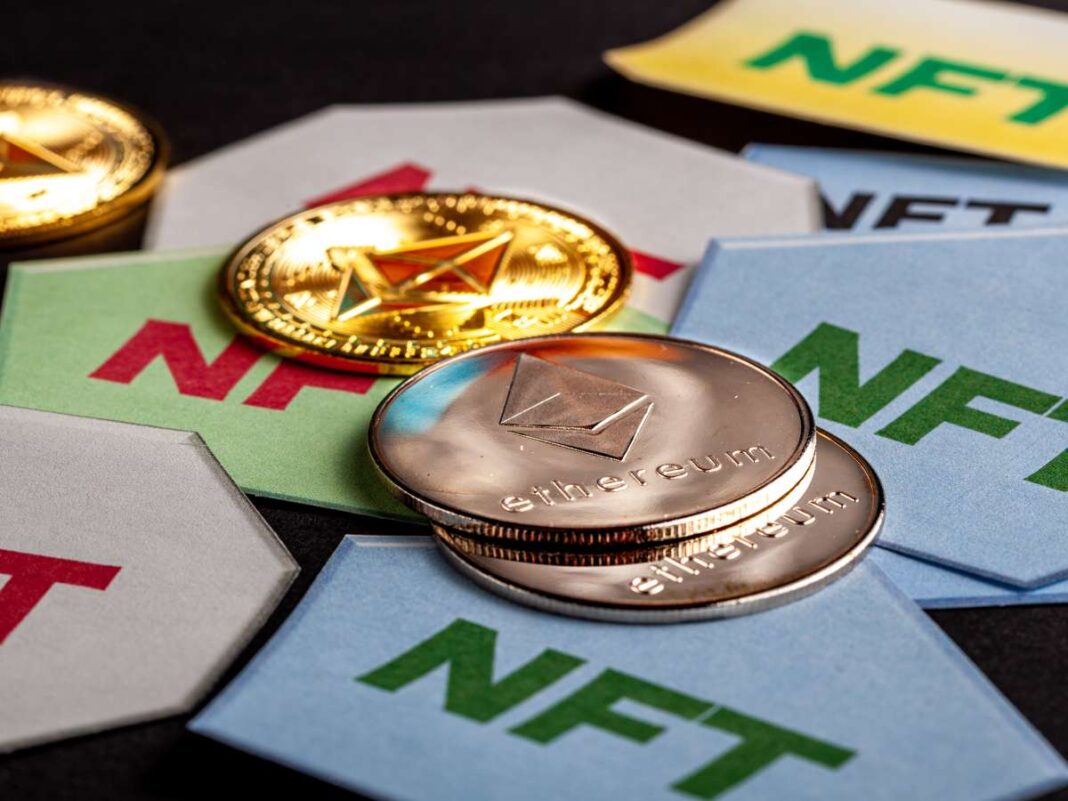In today’s rapidly evolving digital landscape, technologies like cryptocurrencies, Non-Fungible Tokens (NFTs), and blockchain are not just buzzwords—they’re game-changers reshaping industries and offering unprecedented opportunities for entrepreneurs. Understanding and leveraging these technologies can position businesses at the forefront of innovation, driving growth and redefining traditional models.
The Transformative Potential of Blockchain
Blockchain technology is revolutionizing how businesses work by enhancing transparency, scalability, and global influence. At its core, blockchain is a decentralized ledger that helps make secure and transparent transactions without the need for intermediaries. This technology is redefining traditional business models and is being embraced across various industries.
Entrepreneurs in finance, gaming, supply chains, and healthcare are utilizing blockchain to create decentralized applications (dApps) and facilitate smart contracts. By eliminating middlemen, businesses can significantly cut costs and improve efficiency. For instance, supply chain companies are using blockchain to enhance transparency and traceability, while healthcare providers leverage it to secure patient data.
NFTs in Marketing and Consumer Engagement
Non-Fungible Tokens (NFTs) are unique digital assets stored on the blockchain, representing ownership of distinct items like art, music, or virtual goods. Brands are exploring NFTs to enhance engagement, build loyalty, and create immersive experiences.
Scarcity and Exclusivity
By creating limited-edition digital products such as artwork or unique experiences, brands can generate hype and demand. The concept of digital scarcity increases perceived value among consumers, fostering a sense of exclusivity.
Loyalty Programs and Rewards
NFTs are revolutionizing loyalty programs by offering interactive and rewarding experiences. Instead of traditional points, customers can receive NFTs that grant discounts, exclusive access, or unique collectibles, enhancing engagement and encouraging repeat business.
Collaborations and Virtual Goods
Brands are partnering with artists and influencers to offer exclusive NFT collections. In the gaming industry, NFTs enable players to own virtual items like avatars and skins, which can be status symbols in the virtual world.
Blockchain and AI in Gaming and Entertainment
The mix of blockchain technology with Artificial Intelligence (AI) is opening new frontiers in gaming and entertainment.
True Ownership and Play-to-Earn Models
Blockchain enables true ownership of in-game assets through NFTs. This has given rise to play-to-earn economic models where one can earn real value from their gaming activities. Games like Axie Infinity have popularized this model, attracting players globally.
Decentralized Platforms and Virtual Real Estate
Decentralized gaming platforms reduce fraud and enhance security. Additionally, virtual real estate—digital land parcels in virtual worlds—is becoming a lucrative market, with users buying, selling, and developing these assets.
Interoperability and Immersive Experiences
Blockchain promotes interoperability, allowing assets to be used across different games and platforms. The integration of AI enhances personalization and interactivity, creating immersive digital experiences that engage users on a deeper level.
Opportunities and Challenges for Entrepreneurs
Opportunities
- Transparency and Trust: Blockchain’s immutable ledger increases transparency, fostering trust among consumers and partners.
- Cost Reduction: By eliminating intermediaries, businesses can reduce operational costs and improve profit margins.
- Global Reach: Decentralized platforms enable access to global markets without the traditional barriers.
Challenges
- Market Volatility: The crypto space is known for its volatility, which can impact investment and operational stability.
- Regulatory Hurdles: Navigating the evolving regulations surrounding blockchain and digital assets is complex but essential.
- Environmental Concerns: The extensive energy consumption of blockchain networks raises sustainability issues. Entrepreneurs are encouraged to adopt eco-friendly blockchain solutions to mitigate this.
Steps for Entrepreneurs to Enter the Crypto Space
- Identify Industry Problems: Find problems within your industry that blockchain can effectively address.
- Select Suitable Blockchain Platforms: Choose platforms that align with your business needs, such as Ethereum for smart contracts or Solana for scalability.
- Understand Regulatory Requirements: Stay up-to-date about the legal landscape to ensure compliance.
- Utilize Decentralized Exchanges: These platforms offer security and liquidity without centralized control.
- Assemble a Knowledgeable Team: Having experts in blockchain technology is crucial for successful implementation.
- Create User-Friendly Products: Focus on delivering value with intuitive interfaces to drive adoption.
Future Trends to Watch
- Rise of Web3 and Decentralized Autonomous Organizations (DAOs): These concepts are pushing the boundaries of decentralization and community governance.
- Integration of AI and Blockchain: The combination of these technologies promises enhanced efficiency and new capabilities.
- Sustainability Efforts: Transitioning to eco-friendly blockchain models is becoming a priority to address environmental concerns.
Conclusion
Embracing crypto, NFTs, and blockchain technology offers entrepreneurs a pathway to innovate and stay competitive in the digital age. By leveraging blockchain to build transparent and trustworthy businesses, entrepreneurs can solve real-world problems and tap into new revenue streams. The key is to be adaptable, informed, and visionary—qualities that will drive success in the blockchain era.

